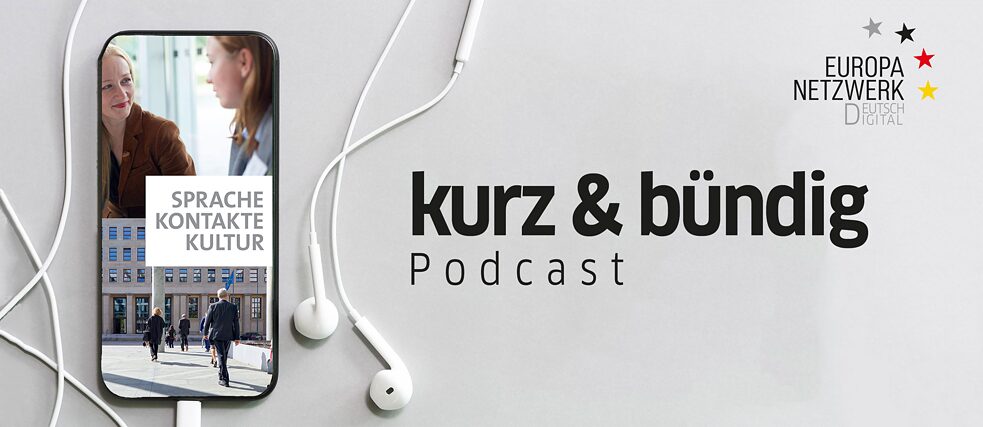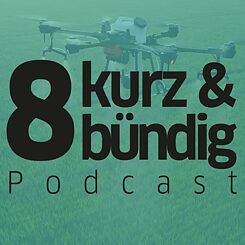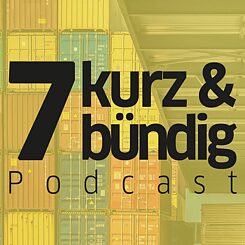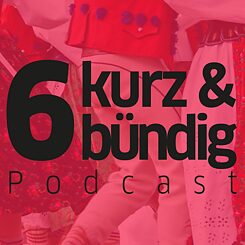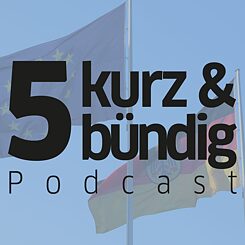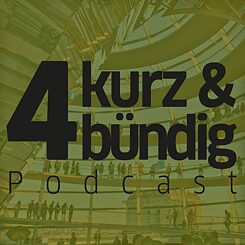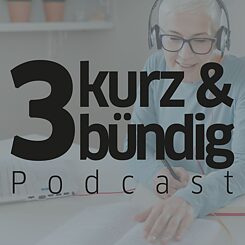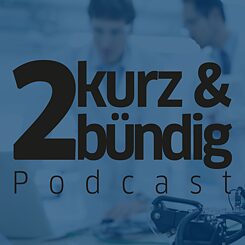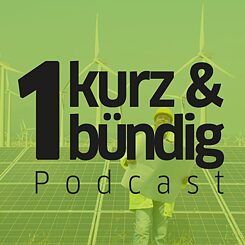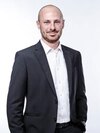Agricultural turnaround: What transformations does digitalisation enable in German agriculture?
Prof. Dr.-Ing. Cornelia Weltzien from the Leibniz Institute of Agricultural Engineering and Bioeconomy in Potsdam provides thrilling insights into precision agriculture. Farmer Benedikt Bösel from Gut & Bösel in Alt Madlitz tells how he understands digitalisation and what is additionally needed for sustainable farming. Both are working to make farming more ecological and sustainable. Without digitalisation, change is unlikely to succeed.
Duisburg: Is fair trade with China possible?
Duisburg is one end of the New Silk Road - an 11.000-kilometre-long railway line that leads from China to the port basin in the Ruhr area. The region, which used to live from the steel industry and is still struggling with structural change, is hoping for a new upswing and more jobs through increased trade. You can also learn more about the expansion of the 5G network and the Smart City project.
The Sorbs: How can culture be preserved?
The Corona pandemic has put the entire cultural sector in an uncomfortable position: the Sorbs, an officially recognized minority in Germany, have been working for years to preserve their endangered culture and protect it from extinction. Two people from two generations tell what constitutes culture for them and what is urgently needed for a lively cultural life.
Statistically: How European are the Germans?
Since 1 February 2020, the geographical centre of Europe has been located in a small Bavarian village with 80 inhabitants and 120 jobs: In Gadheim, the mayor Jürgen Götz tells us what it's like in this special place. In addition, Daniel O'Donnell from the Federal Statistical Office looks at the Germans from the European average - so one or two surprises are sure!
Super election year 2021: How do Germans decide?
Two local elections, five state elections, the elections for the Berlin House of Representatives and the federal election: How do voters in the Federal Republic find the party that best represents their opinion? Learn more about the Wahl-O-Mat, a popular internet platform and decision-making tool for Germans. But also more on the dangers of disinformation campaigns from the internet for Germany and the entire EU.
Potential: What does Germany make of its multilingualism?
Prof. Dr. Heike Wiese, a linguist in Berlin, sees clear differences in the acceptance of languages in Germany. You will hear how people are supported who do not only speak German at home. In addition, Gökay Akbulut, member of the Bundestag and integration policy spokesperson for the Left Party, tells us how she came to Germany from Turkey and what advantages and disadvantages her multilingualism brings with it.
Corona 2020: A Defeat for German Federalism?
On 27 January 2020, Germany's first official Covid 19 case made headlines: As a result, politicians in Germany were called upon to act quickly. What long-term conclusions can be drawn from the crisis management for federalism? Listen to what political scientist Prof. Nathalie Behnke and Prof. Dr. Hans-Jürgen Papier, former President of the German Federal Constitutional Court, have to say.
Climate policy: Where does Germany stand in the energy transition?
In 2011, Germany's energy transition was significantly initiated with the nuclear phase-out. This and all subsequent steps of the energy transition decided by the federal government received worldwide attention. However, controversial discussions and doubts about sustainable concepts quickly turned the initial enthusiasm into disillusionment. What is the status of the energy transition and climate neutrality? Is Germany a model country?
